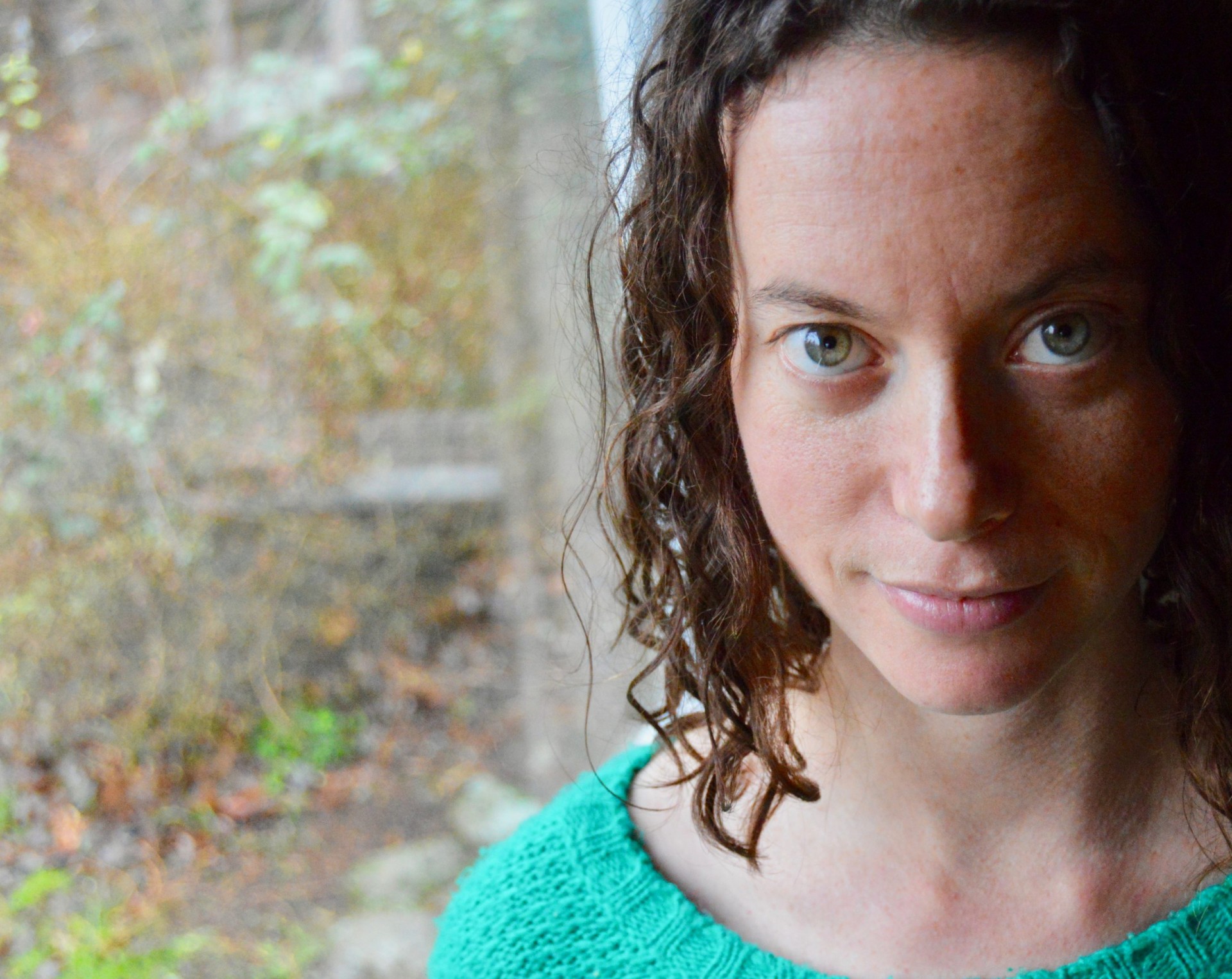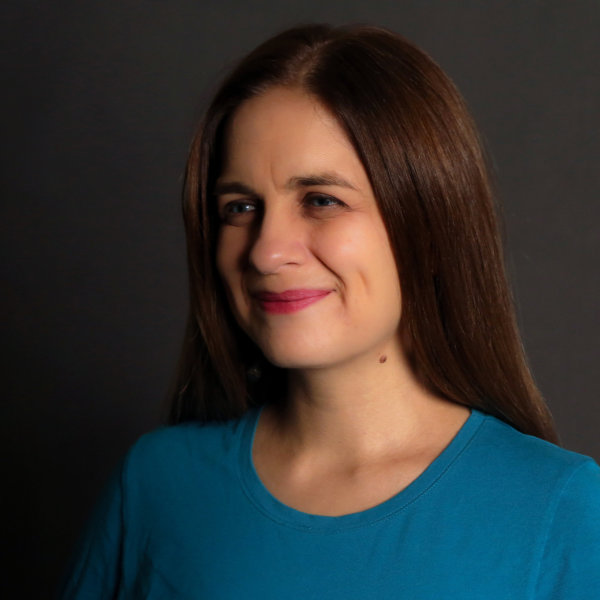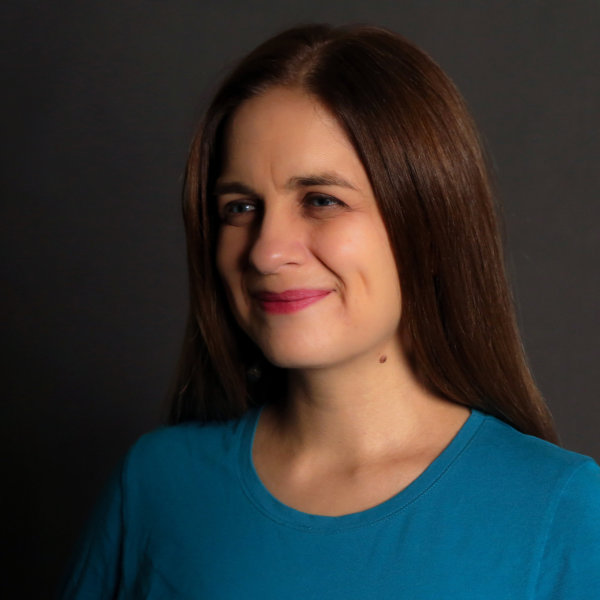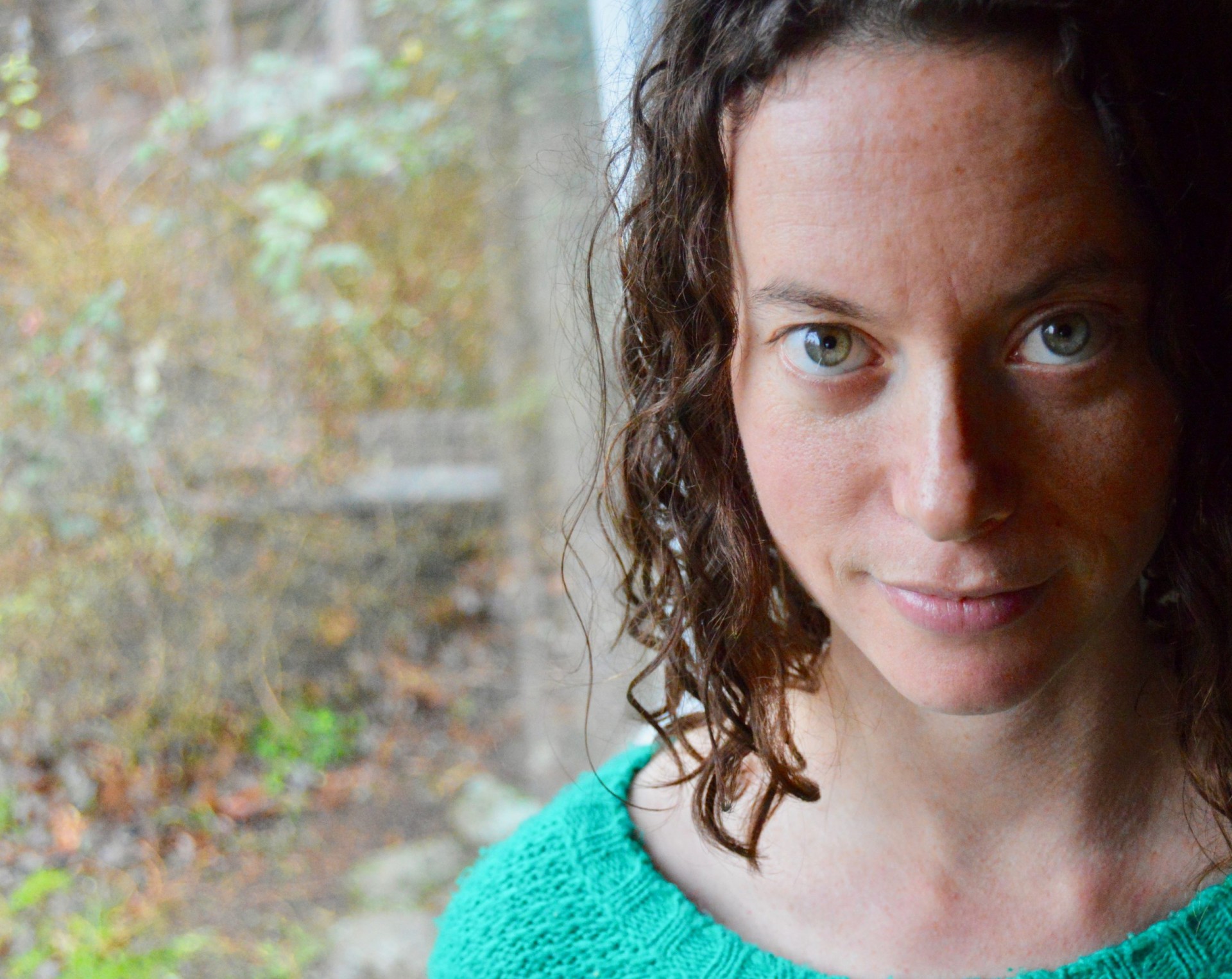Azazel: עזאזל; entire removal [of sin and guilt from sacred places into desert on back of goat, symbolic of entire forgiveness] Brown-Driver-Briggs Dictionary, 736
The Azazel Chapbook is a new resource for Yom Kippur Musaf (midday prayers) co-authored by Sarah Chandler and RRC student Aya Baron. It empowers folks to spend intentional time, either solo or in a small group, in nature on Yom Kippur. This mini-“mahzor” is for all who yearn to deepen their relationship to earth-based spiritual practices, (and/or) enrich their Yom Kippur and High Holiday season. We welcome folks to utilize it according to their own needs: as a stand-alone centerpiece to your Yom Kippur experience, a supplement to other communal offerings or as a resource for clergy and lay leaders planning Yom Kippur services. It has a lot to offer, whether you have an hour to dive in or whether you use it as a companion to inspire a day-long excursion.
To learn more about The Azazel Chapbook: a Guide for Your Earth-Based Yom Kippur Journey, co-authored by myself and Sarah Chandler, and to procure your free download, click here.
Join us in Azazel this Yom Kippur. We will go there alone, together, for a collective remembering of this ancient Israelite ritual of release. In this wild edge, the constraints posed by the coronavirus blossom into creativity and pave our way to possibility.
In Leviticus 16, God introduces Aaron, the high priest, to the central Yom Kippur ritual: He is to symbolically heal and cleanse himself and his people of their inequities through a ritual involving two goats. One goat is designated to be sacrificed in the inner sanctum of the tabernacle, called the “holy of holies,” and he is instructed to release the second goat into the wilderness.
While the last temple sacrifice occurred almost 2,000 years ago, the re-enactment of this ritual has taken place ever since in our post-temple-era “holy of holies”: inside our synagogues and sanctuaries with liturgical prayer standing in for centralized priestly ceremonies.
The Azazel Chapbook is an invoking of this second act of atonement described above and in Leviticus: the second goat’s journey out into azazel into the unknown of the wilderness.
We believe welcoming the wilderness back into Yom Kippur observance is a tikkun (healing) act that restores wholeness to Yom Kippur observance. Just as we liturgically honor the Torah’s instructions to enter holy of holies — the human-crafted temple — so must we remember to release ourselves to the mystery of that which we encounter in the elements. Reimagining Azazel is a redemptive act.
This current global crisis, piled onto centuries of protective Jewish gatekeeping, can leave you feeling like it is your fault if you cannot make it through the gates. You are not to blame for yearning to enter and feeling the devastation of looking to this ancestral tradition as your desired way in, and finding disappointment instead. To turn towards one’s spirituality amid this pandemic is vulnerable, brave even, though inaccessible some or many days.
This is for those who are looking to lean into these vulnerable edges. In Hebrew, to pay attention is to sim lev/שים לב. This more directly means “to place heart.” Your heart is safe here in Azazel. Uncloak it with us. Peel back some layers. Enter this wild edge where centuries-old Jewish tradition refinds the frontier of its most wild, welcoming, wanted liberation. Close the Zoom window for a moment. Experience interconnected solitude. Pray in a minyan in which all species count and all beings hum together.
In creating this chapbook, we saw COVID-19 as an opportunity to draw Jewish community out of its reputation as a people of the book and into the brave sandals adorned by our mythic ancestors as the Israelite God beckoned them forth and confirmed for them: Midbar M’daber, the wilderness speaks … and reveals the way forward to those who are humble and faithful enough to dare to place their hearts within it and pay attention.

Aya Baron is a scholar, wilderness guide and ritualist pursuing rabbinic ordination at the Reconstructionist Rabbinical College after recently completing her master’s degree in Jewish studies from the Graduate Theological Union. Her studies build on six years of leadership at Wilderness Torah, an organization committed to reconnecting Judaism to its natural cycles. There, she established herself as a pioneer in earth-based Jewish practice by developing outdoor rites of passage experiences for B’nai Mitzvah age youth, and training local and international teams of educators. Aya has served several additional JOFEE organizations, most recently Hazon as a JOFEE fellowship mentor.









